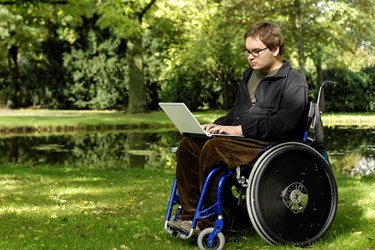CureDuchenne Expands Collaboration With Prosensa

CureDuchenne, a U.S. non-profit, announced its plans to expand its long-standing collaboration with biotech Prosensa by $7 million in hopes of accelerating the timelines on four experimental genetic therapies for use in the treatment of Duchenne Muscular Dystrophy (DMD).
These Prosensa therapies, PRO044, drisapersen, PRO045 and PRO053, are examples of a new approach to DMD treatment known as exon-skipping. This new strategy works around certain genetic mutations and encourages cells to “skip” portions of genetic code. This allows the body to produce partially functional proteins, missing due to DMD.
CureDuchenne’s newest investment follows initial funding of $1.3 million, which was provided to Prosensa in 2004 when the company was first founded. This new investment will help restart dosing in patients who have already participated in DMD clinical studies.
According to Debra Miller, founder and CEO of CureDuchenne, “We are so pleased to help Duchenne patients gain access to much needed experimental drugs; this is particularly important for the boys who participated in clinical trials.”
Because the genetic mutations in DMD patients vary so widely, these therapies would only be usable in a small portion of DMD patients (between 6-13 percent depending on the compound). However, these compounds, if effective, could lead to the development of other similar compounds, which target other mutations.
“The ability for industry and nonprofit organizations like CureDuchenne to work collaboratively is crucial to developing much needed treatment options for rare diseases such as DMD,” said Hans Schikan, CEO of Prosensa. “CureDuchenne has been a dedicated supporter of Prosensa since the company’s inception, and we are very appreciative of the additional funding for this important follow-on exon skipping program.”
DMD accounts for over half of all cases of muscular dystrophy and is the most progressive and degenerative. Exon-skipping, while not a cure for the disease, works to slow the progress of the disease and extend the quality of life in patients otherwise not likely to survive past their mid-twenties.
